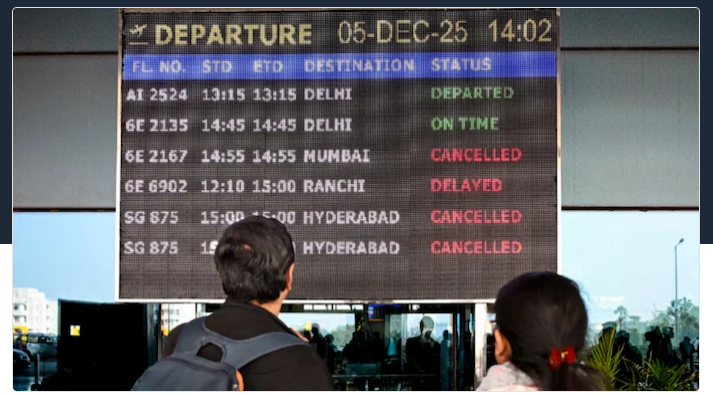ISLAMABAD — Pakistan’s Parliament has passed the 27th Constitutional Amendment, a move critics say cements the military’s dominance over civilian institutions and grants sweeping powers and lifetime immunity to Army Chief General Asim Munir. By sidelining the Supreme Court and elevating the military chief to a constitutionally protected position, the amendment represents what analysts describe as one of the gravest assaults on Pakistan’s fragile democracy in decades.
The 27th Constitutional Amendment, approved in a chaotic National Assembly session last week, establishes a new Federal Constitutional Court (FCC) to take over constitutional adjudication from the Supreme Court. It also elevates the Army Chief to Chief of Defence Forces (CDF), granting him lifetime rank and immunity. Together, these provisions mark one of the most far-reaching constitutional changes since the 18th Amendment of 2010.
A Chaotic Passage
Prime Minister Shehbaz Sharif and PML-N leader Nawaz Sharif attended the session, underscoring the government’s determination to push the measure through. Opposition lawmakers from Imran Khan’s PTI tore up copies of the bill and staged a walkout, denouncing the amendment as a “scar on the face of democracy.”
With the ruling coalition commanding a two-thirds majority, the bill passed easily. It now awaits presidential assent.
Judicial Restructuring
At the heart of the amendment is the creation of the Federal Constitutional Court, enshrined in new Articles 175B–175L. The FCC will:
- Assume exclusive jurisdiction over constitutional matters.
- Bind all other courts, including the Supreme Court.
- Transfer all pending constitutional petitions from the Supreme Court.
- Appoint judges who retire at 68, with the Chief Justice serving a fixed three-year term.
The Supreme Court, once the guardian of fundamental rights, is reduced largely to an appellate body for civil and criminal cases. Former Chief Justice Jawwad S. Khawaja has petitioned the Court to strike down the amendment, warning that it “destroys the essence of judicial independence.”
Military Supremacy Codified
The amendment rewrites Article 243, elevating the Army Chief to Chief of Defence Forces with command over all branches of the military. The rank of Field Marshal is given constitutional protection and permanence. Most controversially, the CDF — currently General Asim Munir — is granted lifetime immunity from criminal proceedings, a privilege previously reserved only for the president.
Analysts describe this as a structural shift toward praetorian rule. “This is not just a legal change,” one commentator noted. “It is the formalization of military supremacy within Pakistan’s constitutional framework.”
Provincial Autonomy and Finance
The amendment also touches Article 160, which governs the National Finance Commission Award. Proposed changes would have limited provincial shares in federal revenue, though the PPP resisted their inclusion. Critics warn that the door remains open to future rollbacks of provincial autonomy, undermining gains secured under the 18th Amendment.
Other Key Changes
- Article 200: Judges can now be transferred without their consent, raising fears of executive manipulation.
- Article 213: Appointment process for the Chief Election Commissioner revised to break political deadlocks, but risks politicisation.
- Multiple Articles (42, 63A, 68, 78, 81, 93, 100, 130, 165A, 175A): References to “Supreme Court” replaced with “Federal Constitutional Court,” altering the judicial hierarchy across the Constitution.
Who Gains, Who Loses
- Beneficiaries:
- General Asim Munir, who gains lifetime rank, immunity, and constitutional supremacy.
- President Asif Ali Zardari, granted lifetime immunity.
- Ruling coalition elites, who consolidate control over judiciary and governance.
- Losers:
- The judiciary, stripped of constitutional jurisdiction.
- Provincial governments, whose fiscal autonomy is weakened.
- Citizens, deprived of direct access to the Supreme Court for enforcement of fundamental rights.
Democratic Implications
For Pakistan’s democracy, the amendment represents a watershed moment. By sidelining the Supreme Court and elevating the military chief, it codifies a civil-military imbalance long present in practice but now enshrined in law. Analysts warn that democracy may exist “in name but not in substance,” with elected institutions subordinated to military authority.
International observers have expressed concern that the changes could weaken rule of law, complicate governance, and heighten instability in a nuclear-armed state already grappling with economic crisis and resurgent militancy.
The 27th Amendment is not a minor tweak but a structural overhaul of Pakistan’s constitutional order. Whether the Supreme Court intervenes or the amendment takes root, the outcome will shape Pakistan’s democratic institutions — and its standing in the global community — for years to come.











